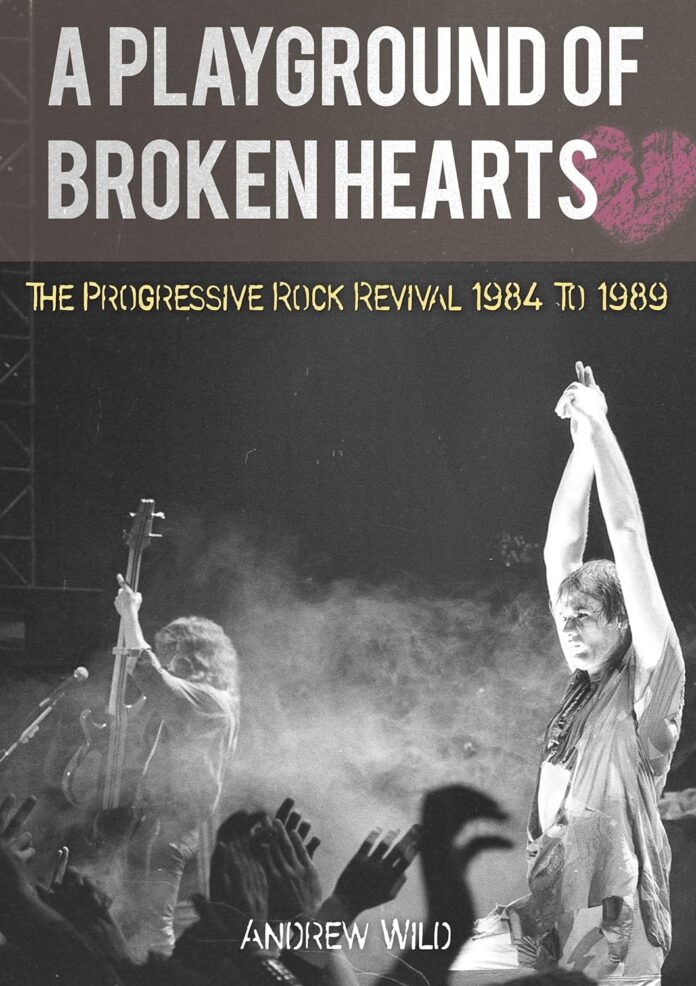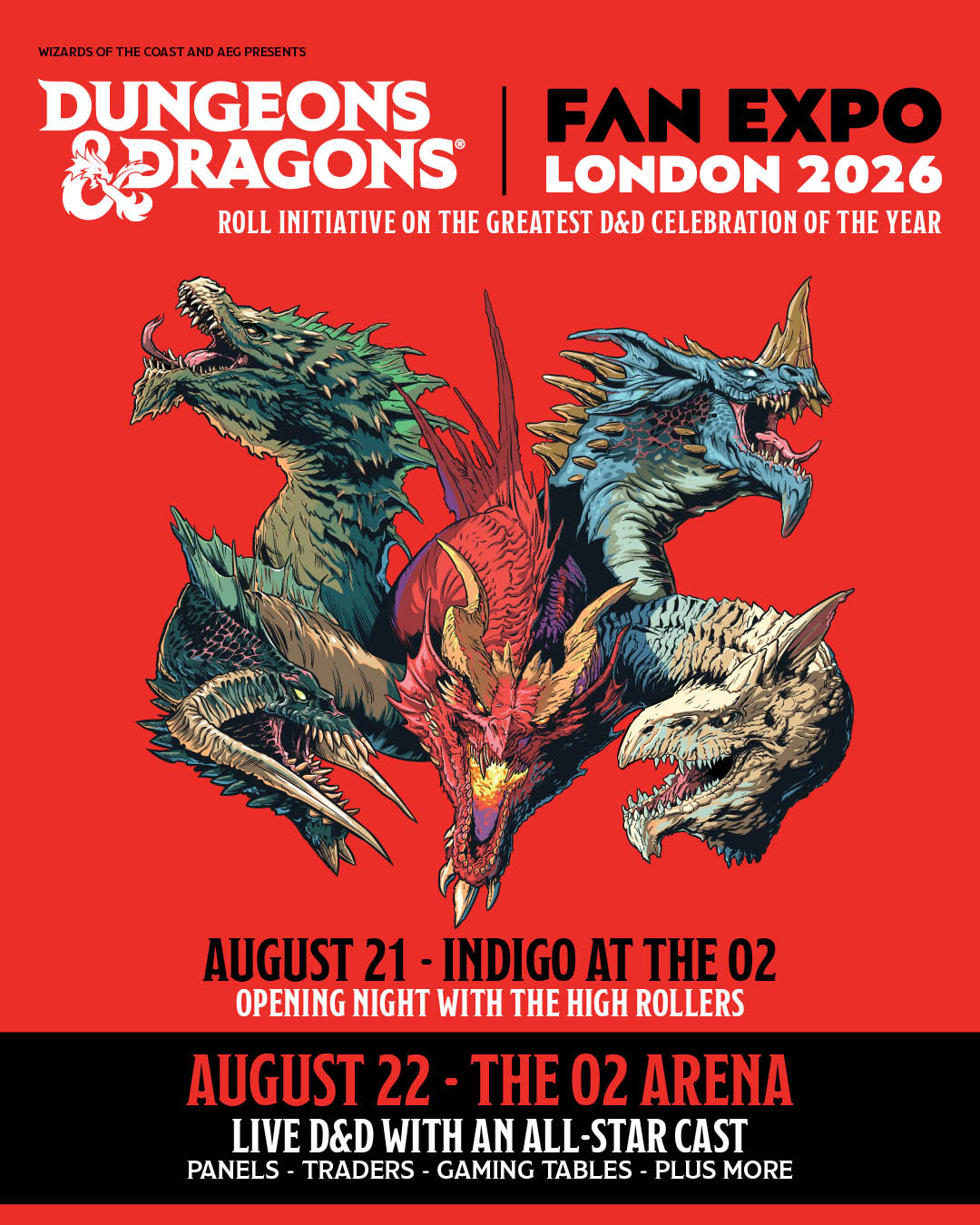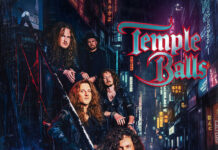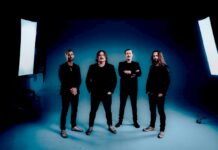A Playground Of Broken Hearts, authored by Andrew Wild and published by Kingmaker Publications, serves as the follow-up to A Mirror Of Dreams, set for release in 2024. In this new volume, Wild expands his exploration significantly. While A Mirror Of Dreams concentrated on six prominent bands from the early 1980s progressive rock revival, A Playground Of Broken Hearts delves deeper into the era’s musical landscape. By engaging with a remarkable array of individuals who were involved during that time—through interviews and discussions—the book provides an intricate narrative and valuable insights into lesser-known bands that emerged afterwards but often went unnoticed, such as Comedy Of Errors and Galahad. The work culminates in a reflection on what transpired following the revival of the eighties.
With prog a more than credible genre once again .. it now has its own dedicated magazine (its editor writes an entertaining foreword to this book), its own album chart and with many of its original practitioners now anointed as ‘prog Gods,’ .. there’ve been any number of publications written by people who’ve treated writing about the genre almost as an intellectual exercise, and they’ve examined it from the outside looking in. With this book, however, Andrew Wild has gone back to the true source, those who were actually there .. those who were in the bands, in the crowds or compiling the fanzines. In other words, those who were in the vanguard of fighting the prog wars, and with this approach, he’s tapped into the absolute real ‘spirit and feel’ of the time. Thus, we’re given happy/sad stories of highs and lows, elation and rejection, great and disastrous gigs, bands changing key personnel, which led to hopes and dreams being dashed, as well as stories of bands coming up against a changing music scene which increasingly eschewed bands with any semblance of a creative spirit, especially in a period when it was MTV Uber Alles.
This meant, for every Marillion who crossed over to the mainstream, there were many others who didn’t even make it out of the Marquee. The momentum which’d been building was derailed for any number of reasons, not least because record labels became more risk averse as the ‘bean counters’ established their grip, which saw bands like IQ and Pallas being dropped due to ‘disappointing album sales,’ and also bands changing line-ups .. Euan Lowson leaving Pallas, Geoff Mann leaving Twelfth Night, Martin Orford leaving IQ and, in ’88, Fish leaves Marillion, the 80’s equivalent of Gabriel leaving Genesis though, like them, Marillion didn’t just survive, they went on to new heights.
Was there even an eighties prog revival? Not according to Fish, who claims it was all “a media invention.” Really? Did the fans who regularly packed out the Marquee, and who’ve stayed the course, think so? The fact that the momentum of the early years of the decade wasn’t more successful can be ascribed to several factors, but it’s worth noting that, in 2025, Solstice are more successful than ever, Marillion are still a force and IQ and Pendragon still sell albums and pull in crowds. In between this, a new generation of fans has seen bands like Porcupine Tree and Riverside rise to prominence on the strength of great albums.
Ultimately, though, Prog survived and grew because it fought for its right to party, in the face of media indifference. As Martin Orford, ex-IQ claimed, “Prog was no genteel art movement. It was often a rough and tumble, played out in seedy halls in front of crowds who were occasionally hostile and violent. It was a battle for the music and a battle to survive.” And survive it has. Just as old hippies never die, they just get older, so it is with old proggers.



















